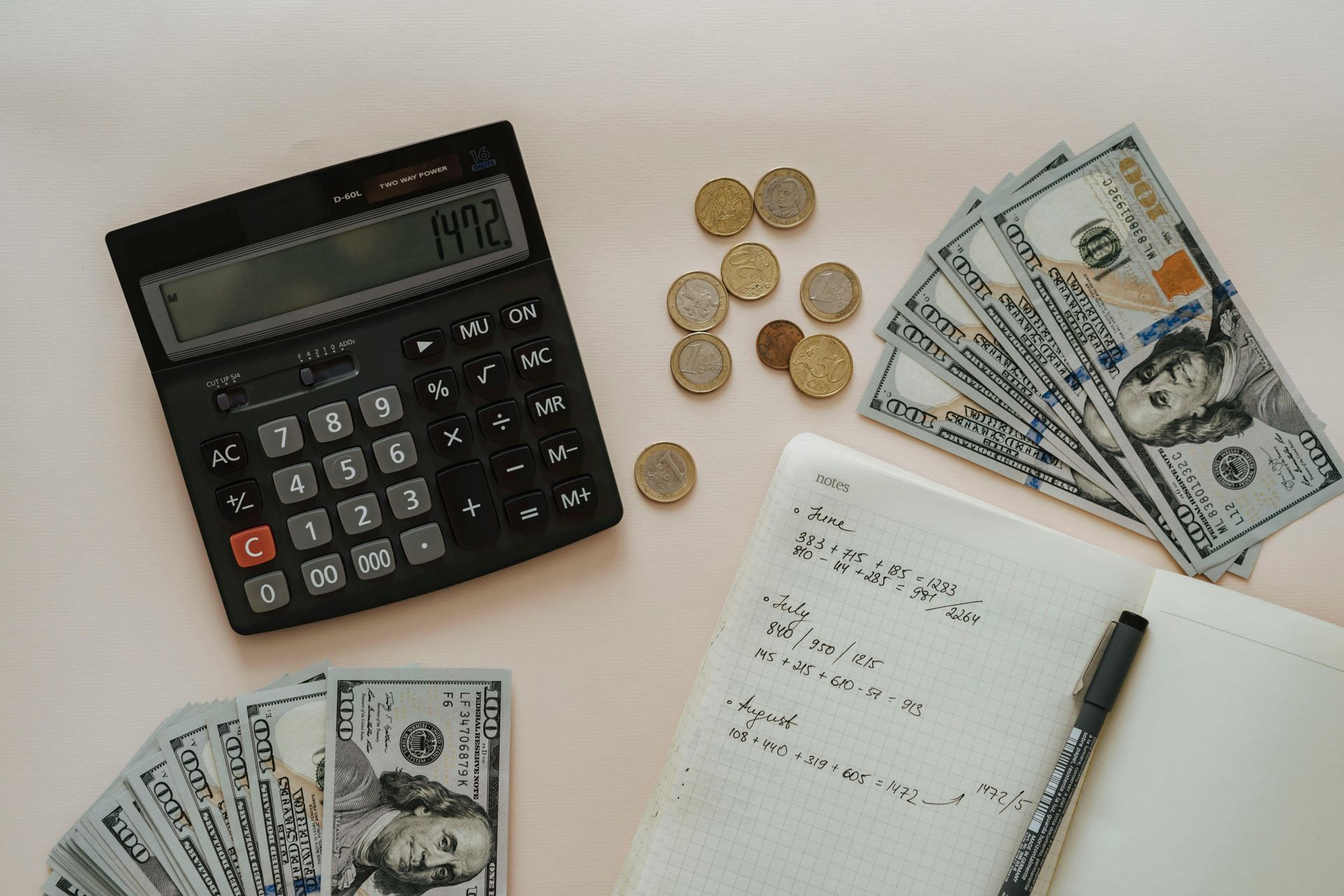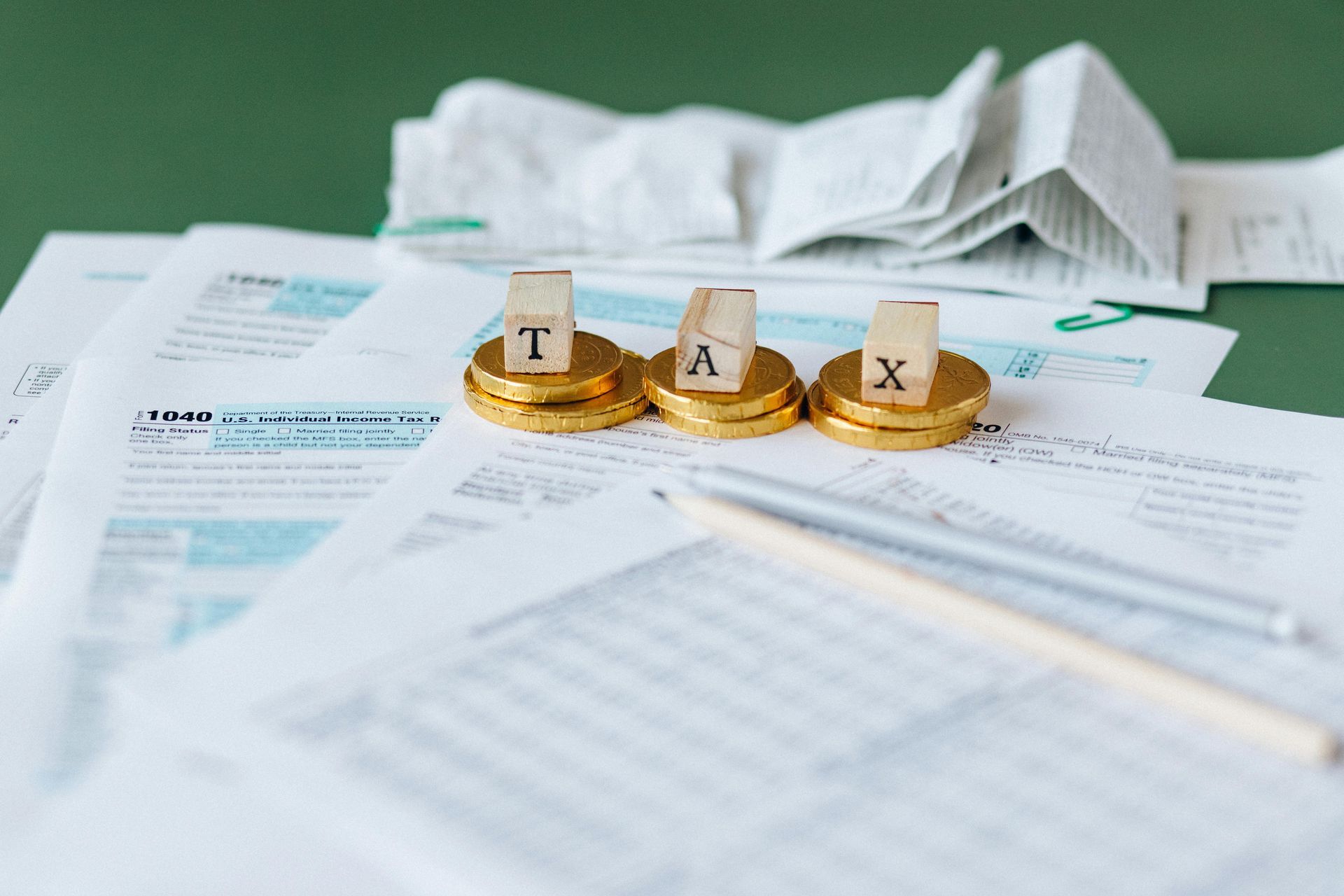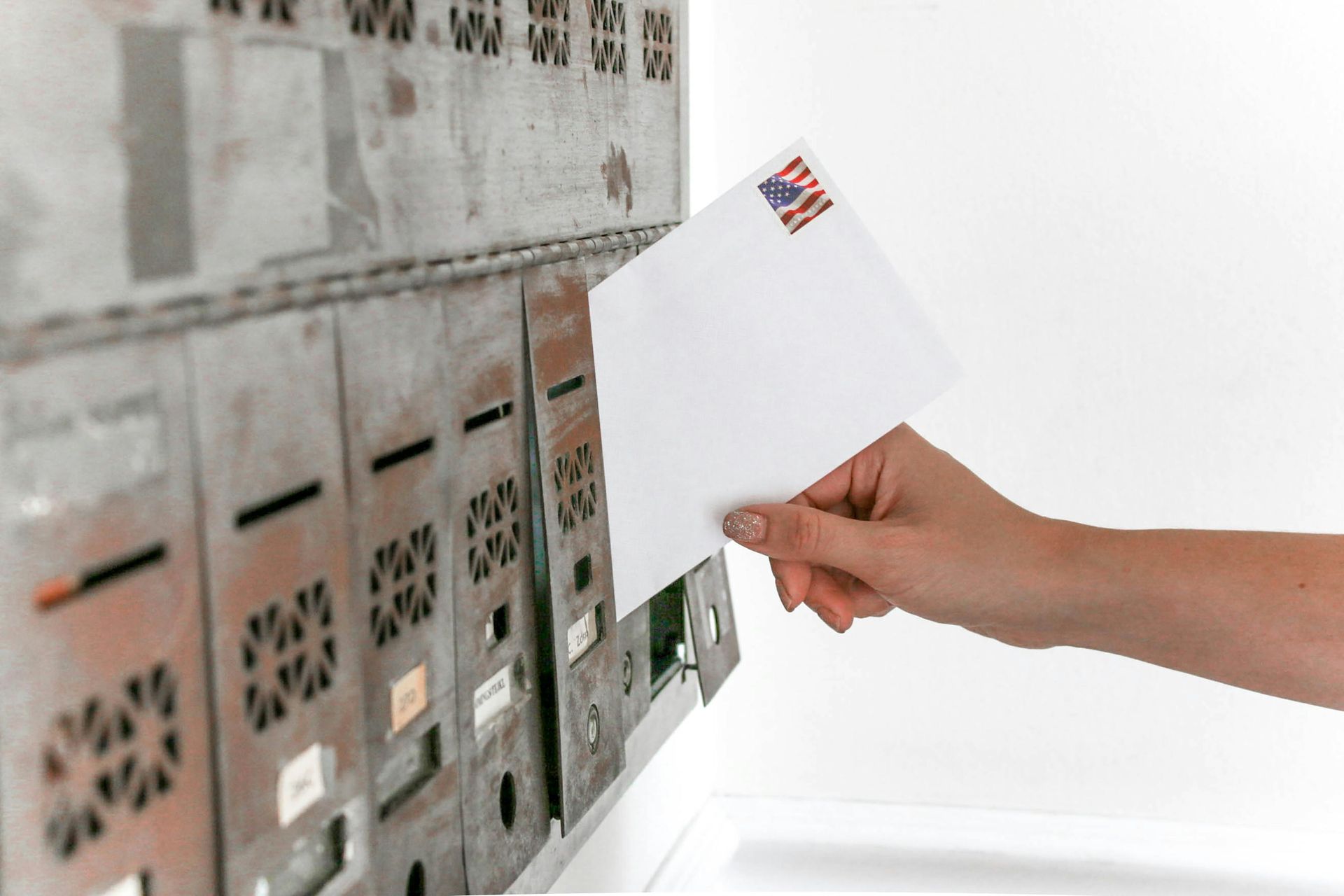Lock the Gate! Why Multi-Factor Authentication is Your Secret Weapon Against Hackers
Passwords are like old bike locks: they do work, but sometimes, they just aren’t enough. That’s because hackers are clever, and they want your info. That’s where Multi-Factor Authentication (MFA) comes in. It’s a fancy name for a simple idea: let’s make it much, much harder for the bad guys to break in.
What Is Multi-Factor Authentication?
Multi-Factor Authentication (MFA), or Two-Factor Authentication (2FA), means you need more than just a password (which is hopefully not “password123!”) to get into your online accounts. It usually requires either:
- Something you have: Like a code sent to your phone, or an app that gives you a special number
- Something you are: Like your fingerprint or face (no, your evil twin won’t work)
It’s kind of like needing a key and a secret knock to get into your house. If a hacker steals your password, they still can’t get in without that second part.
Why Are Financial Institutions and the IRS Insisting on MFA?
- To protect your sensitive information: because it is…well…sensitive…
- To prevent fraud and identify theft: Cybercriminals often steal passwords through scams or data breaches. MFA blocks most unauthorized access by requiring a second proof of identity
- To meet security regulations: There are laws and industry standards that require strong protection of financial and tax data. Using MFA helps these organizations comply with those security requirements
- To build customer confidence: As annoying as it is, would you really trust us or your bank or the IRS if we DIDN’T take your security seriously? If your favorite coffee shop is using MFA how much more so should your tax preparer!
Bob’s Story: Why MFA Matters
Let’s meet “Bob”. Bob is a regular guy who uses the same password—“BobsTax2020!”—for everything. Life is good. Logging in is fast, and he never thinks twice.
Then… BOOM!
Bob gets an email: “Did you move to Texas?” His bank calls. The IRS rejects his tax return because it says one has already been filed. Even the pizza place calls (and he’s never even ordered pineapple). Someone stole Bob’s password in a data breach, and suddenly, his accounts are a mess and he can’t file his tax return because the hackers filed using his information and got a refund under his social security number. He spends his weekend fixing everything and explaining to his tax preparer and credit card company, “No, I did NOT buy a jet ski in Miami!”
Bob learns his lesson and sets up MFA on all his accounts. Now when he logs in, he has to enter a code from his phone. At first, he complains (“Why is this so annoying?”). But every time, he remembers the “Great Jet Ski Heist” and laughs—because his accounts are now safer than his tax preparer’s hidden stash of Snickers.
This Isn’t Just a “Bob Problem”
Microsoft reports there are over 300 MILLION fraudulent sign-in attempts to their cloud services ALONE. By using MFA, they say over 99.9% of account comprise attacks can be blocked. (One simple action you can take to prevent 99.9 percent of attacks on your accounts)
The IRS deals with more than 1.4 BILLION cyberattacks annually! Major Management Challenges Facing the IRS | U.S. Treasury Inspector General for Tax Administration OIG
Scary, right?
“But MFA Is Annoying!” (And Other Excuses)
Okay, MFA adds a quick step, and it feels like it “never works” when you are in a rush. The fact of the matter is that it does work though. It’s not perfect, but it’s there to keep you and your data safe. That extra code or tap on your phone stops most hackers cold.
What if I lose my phone?
Don’t panic! Most sites give you backup codes or a way to use another device. Write them down and tuck them somewhere safe (not under your keyboard!).
Need help or want more info?
Check out these links:
In a world full of hackers and scams, Multi-Factor Authentication is your digital guard dog. Sure, it barks every time you log in, but it’ll keep your online life safe and sound. Turn on MFA wherever you can—especially for your bank, tax, and email accounts. It’s one of the easiest ways to keep your info safe, which is why KAC Consulting, Inc. uses this and other features to keep your data safe. To find out more, please
contact us today!










